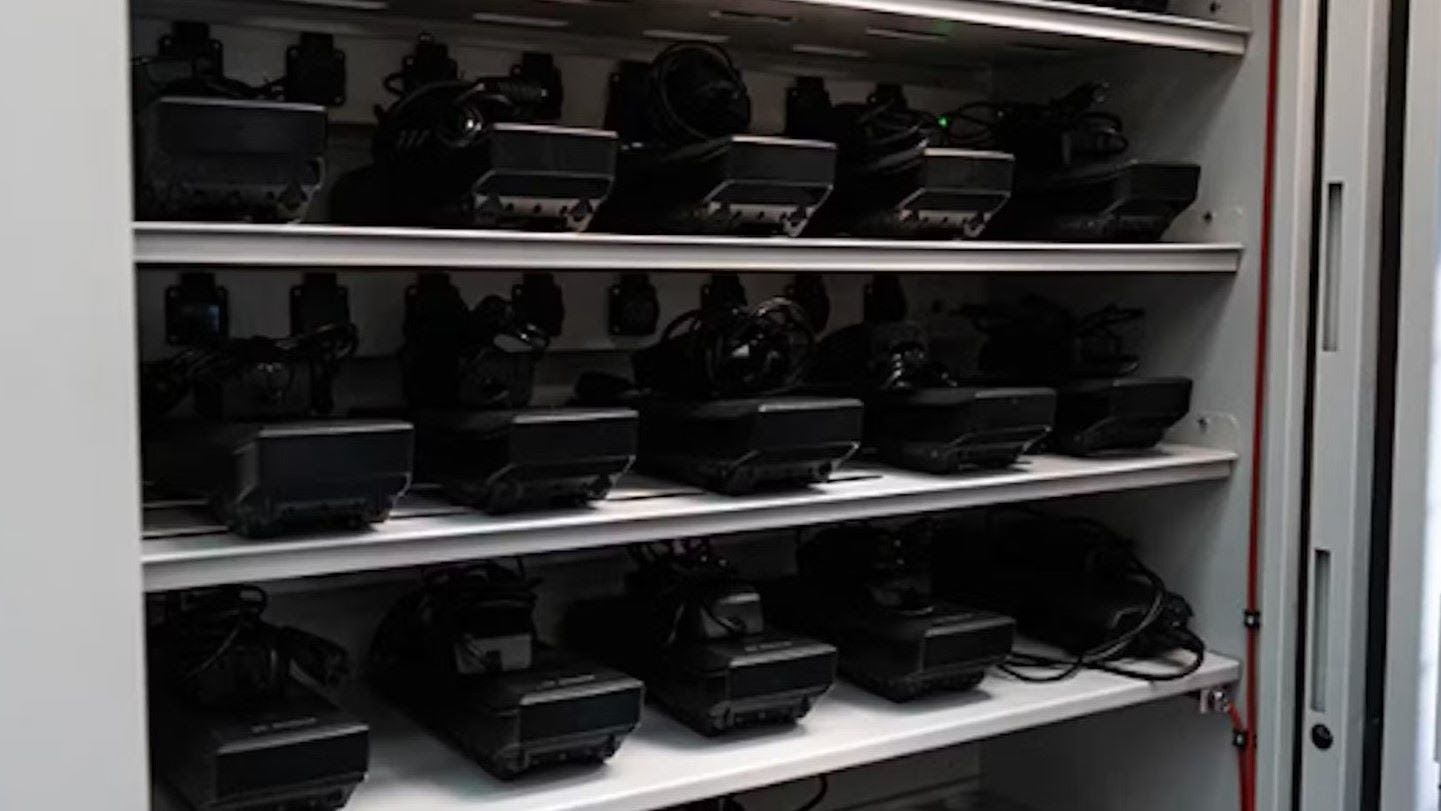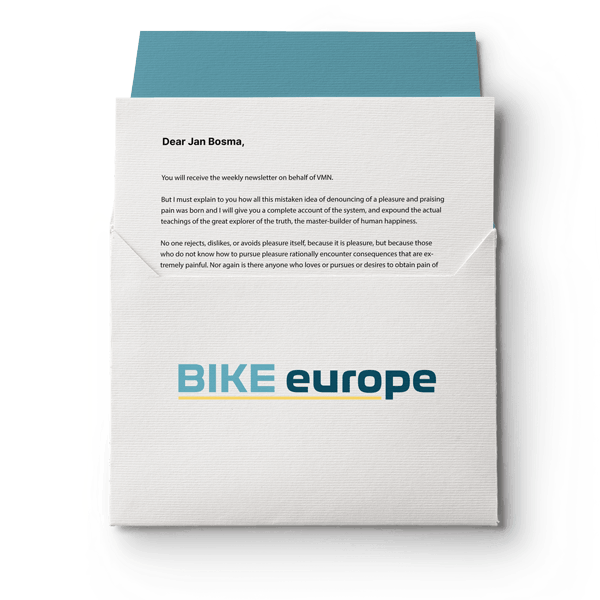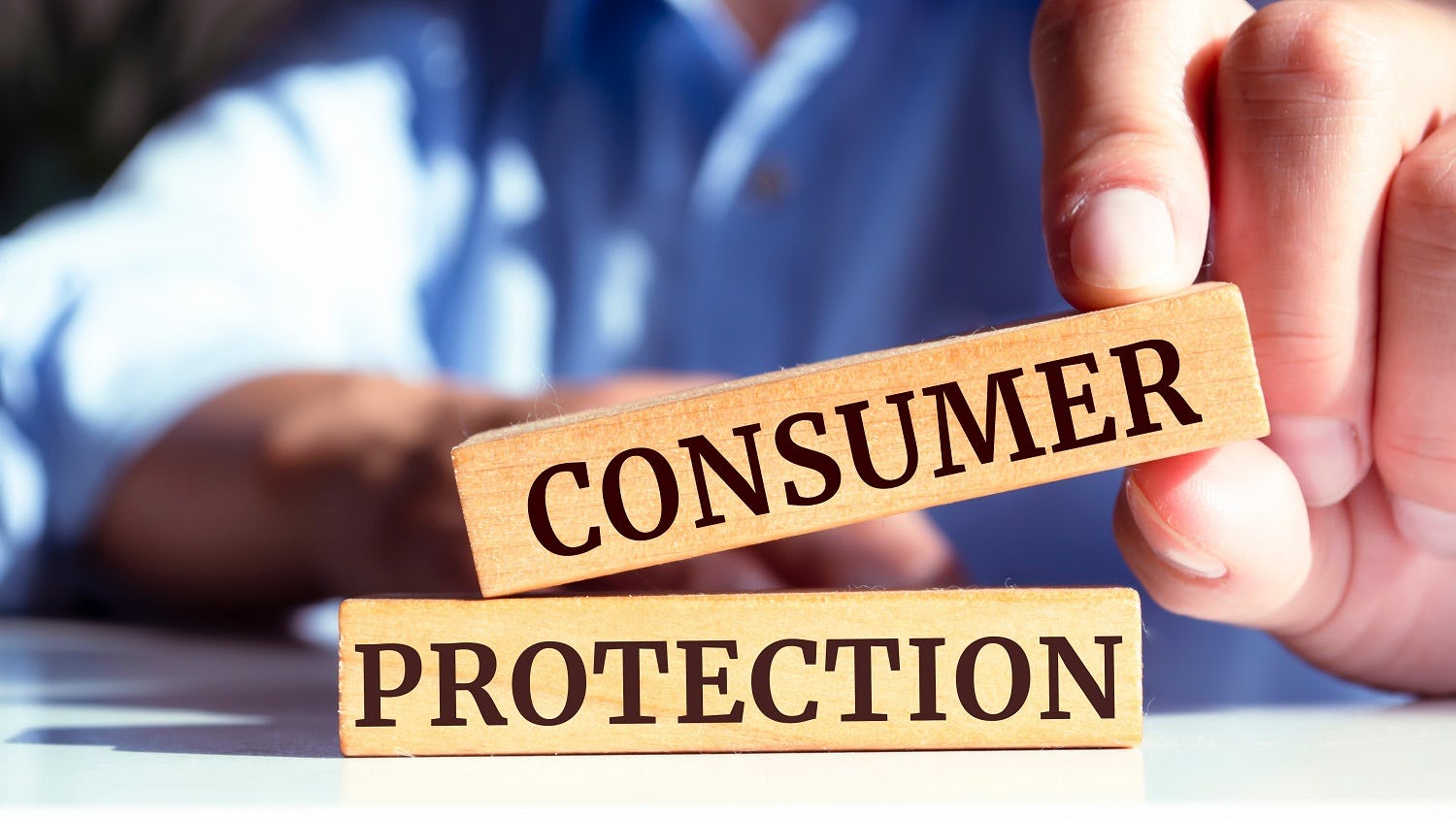Italy restricts the usage of e-scooters
ROME. Italy - The micro mobility market in Italy will have to adjust to a series of restrictions as part of the mandatory new highway code. These include the usage of a helmet, but also a mandatory license plate and insurance. These restraints are a new setback for this highly popular micro mobility product, although Italy is certainly not the first country in Europe which restricts the use of e-scooters.



















